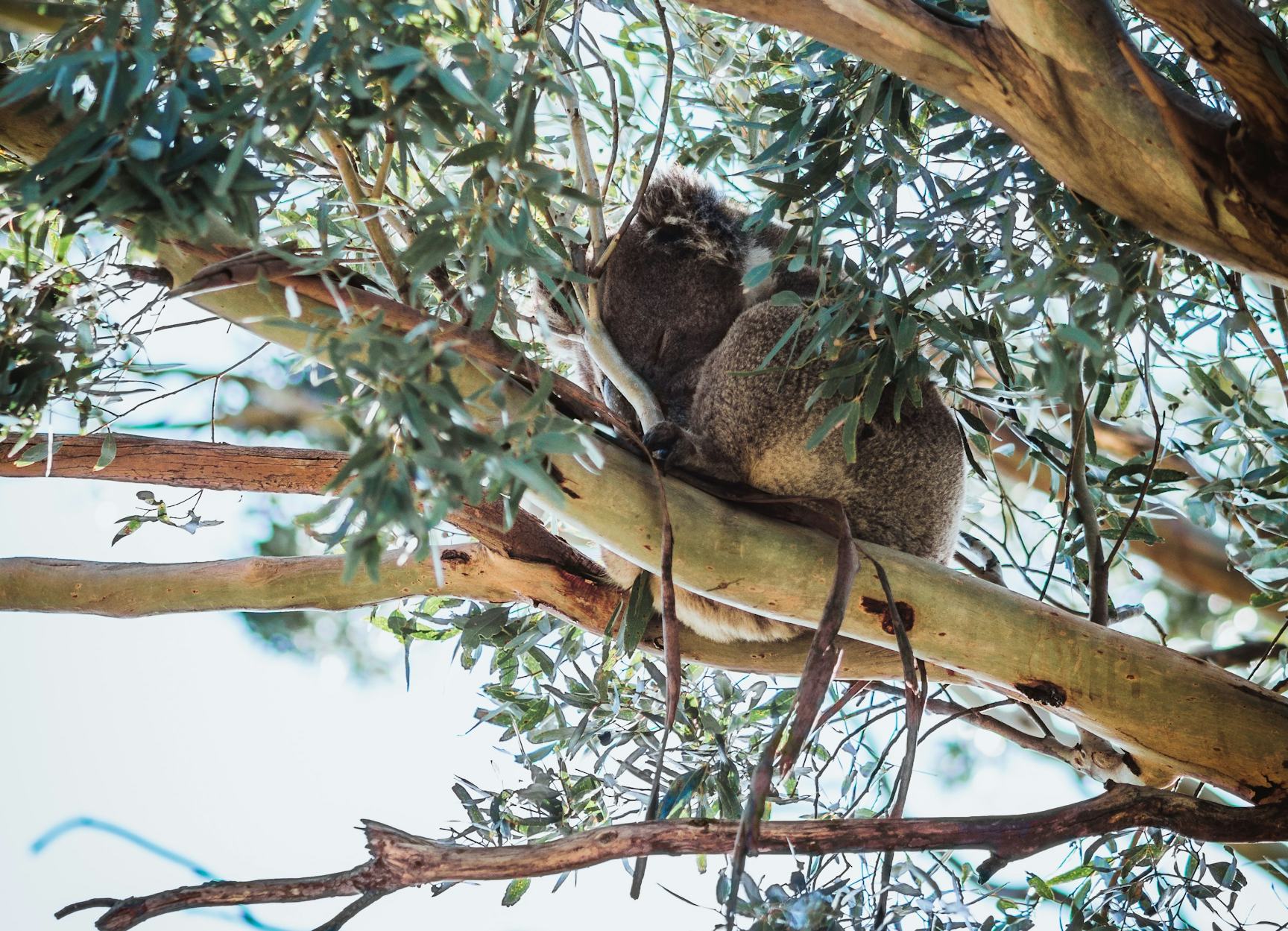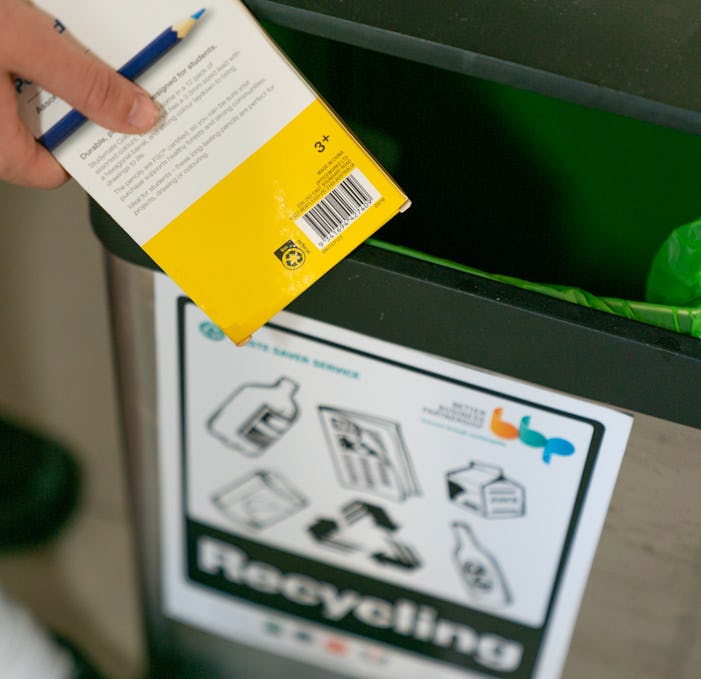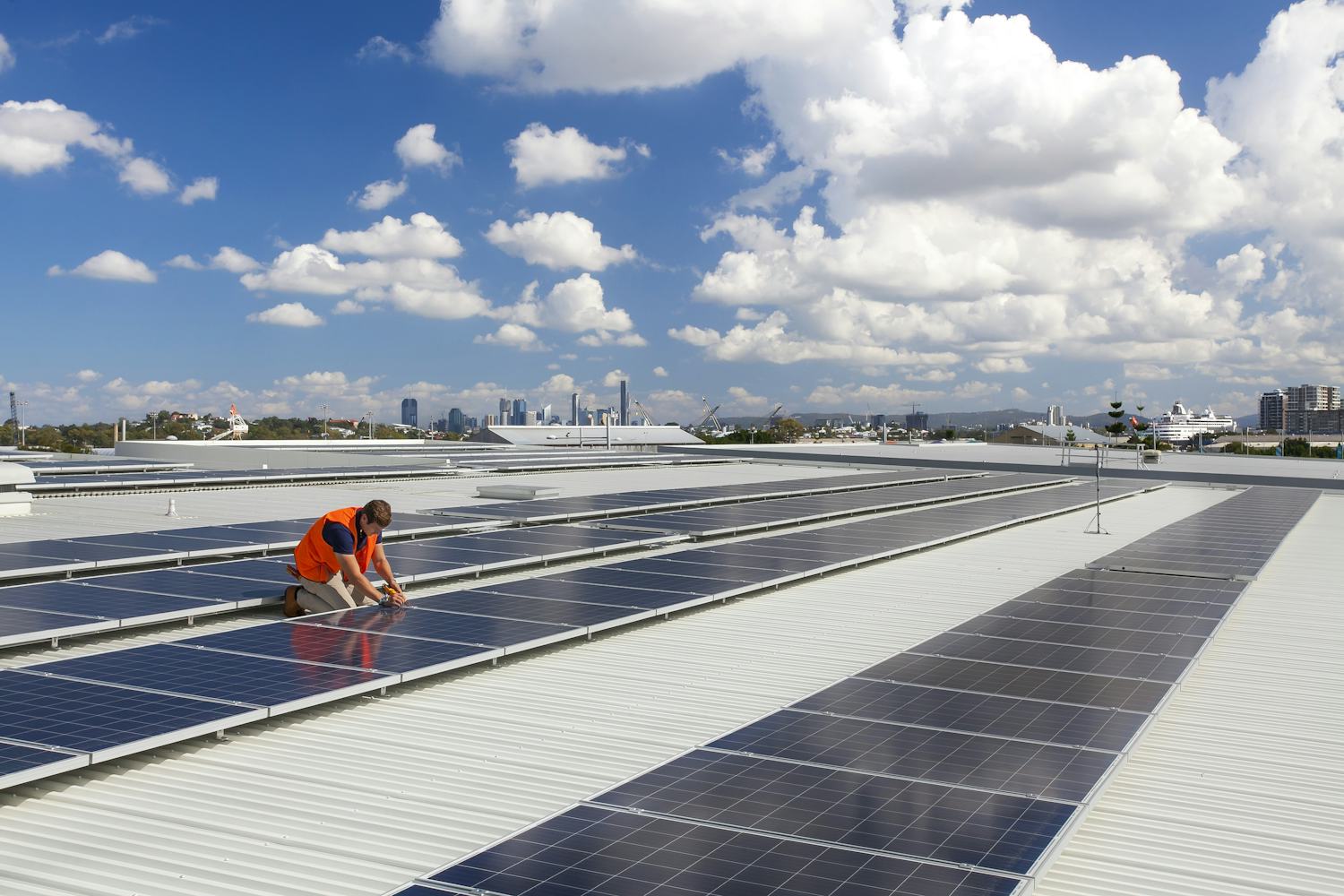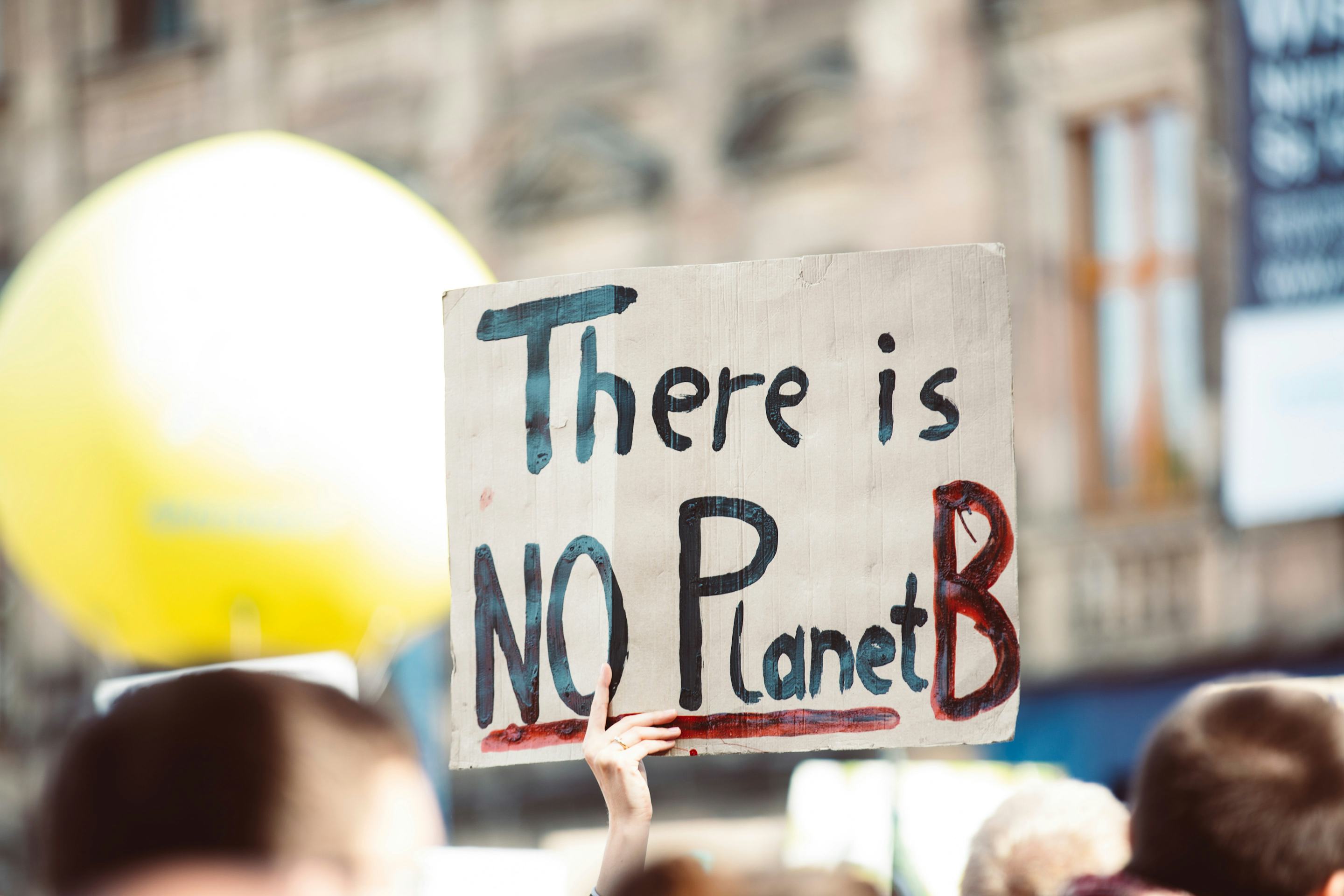The Australian Government released the latest State of the Environment report this week and its findings indicate our natural environment is under extreme pressure. Native species are in decline, climate change is exacerbating pressure on our ecosystems and land clearing, urban expansion, pollution and other human impacts are hastening these processes.
Solving these issues might feel like an impossible task given their scale and complexity. It calls for significant and urgent action at all levels of government, industry and our public institutions. But it’s worth remembering the positive impact that we can all have on our environment through individual actions.
Here are some of those positive actions.

Support local biodiversity in your local environment.
Support your local environment
Research indicates that 25% of Australia’s threatened plants and 46% of threatened animals reside in urban areas. This means we can have a tangible impact on their conservation by taking action in our local communities. One of the best things individuals can do to help native flora and fauna in their area is by planting native habitat.
A single mature tree can provide habitat and food for hundreds of species ranging from other plants to insects to birds and mammals, while shrubs and grasses provide important understorey. Connecting these sanctuaries with other to create wildlife corridors through our cities provides even greater benefit, allowing animals to safely move around and have natural interactions with the ecosystem around them.
Each year Australia’s largest tree-planting and nature care event National Tree Day encourages volunteers from schools, councils and the community to get outside to plant native trees, shrubs and grasses. But you can plant a tree any day. Why not invite family or friends to join you in getting your hands dirty, to improve the local environment and community. There are also Landcare and Bushcare groups as well as many other community organisations around the country working to protect Australian ecosystems and they are always looking for additional volunteers!

Sustainable action can start small at home.
It starts at home
The majority of our environmental footprint is generated through resource consumption and waste that happens in our own homes. This means it should be the first point we look at tackling in our individual climate change journey. It might mean something as simple as reducing the amount of meat in your diet, starting a compost or garden patch at home, swapping to a renewable energy provider or finding out exactly what your local council accepts for recycling. Or it could be a bigger ticket item like purchasing solar panels or a rainwater tank for reduced reliance on the electricity and water network.
If you are working from home, it’s time to make sure you are doing the type of sustainable activities you would do in the office, at home. Simple things like putting aside printer cartridges to be recycled, choosing high-quality recycled office paper, and setting up extra recycling bins for items like soft plastics and batteries.
Once you have taken action at home, start enquiring about how you can implement these habits at your workplace or school. Change nearly always comes from within these organisations and sometimes it can be as simple as starting the conversation to get the ball rolling.

Use your money to support businesses doing good.
Use your purchasing power for good
Your money has power! Every time you spend your hard-earned cash it’s sending a message to the economy about what type of world you want to live in, so make sure it’s a message for good. Use your wallet to support organisations and brands that align with your personal ethos and are striving for sustainability, whether that be through reducing their carbon footprint, implementing positive environmental practices or taking responsibility for the waste their business produces.
This goes beyond everyday purchases; your bank and superannuation fund will likely get more of your money than any individual product you purchase off the supermarket shelf. Where possible, choose ethical funds and banks that finance the renewable energy sector over the fossil fuel industry. There are several tools available online to evaluate your bank’s investment portfolio, or you can write to them to ask!
Mindful purchasing, often also called conscious consumption, is an active process of considering yourself, your community and nature when deciding whether to buy new products. This applies to choosing between options, as above, as well as deciding whether or not a new product is required at all. Ask yourself whether you really need the item and, if so, find out if you can procure it second-hand through an online or community marketplace.

Speak up for the environment.
Make your voice heard
The most obvious way to engage in political action is with your vote, but our right to to be heard by politicians can be exercised outside of the voting cycle too. Write to your representatives at the local, state and federal levels to let them know your concerns and insist on action being taken now. Even better, send the letter to both your elected representatives and those in opposition and request an answer from both.
It's also important to promote positive environmental action among friends and family. Chat with family, friends and housemates about the issue of climate change and the sustainable habits they can implement to have positive impact such as tips to recycle right, carrying reusables, starting a compost or planting trees!
Use the digital network as a force for good by speaking up about environmental issues you’re passionate about, what you’ve learnt recently, or share how far you have come in your own journey. Our research into behaviour change shows people are more likely to change the way they act when the actions correlate with positive desires and aspirations, so showing the benefits you have experienced personally by living more sustainably can go a long way to changing others’ behaviour!